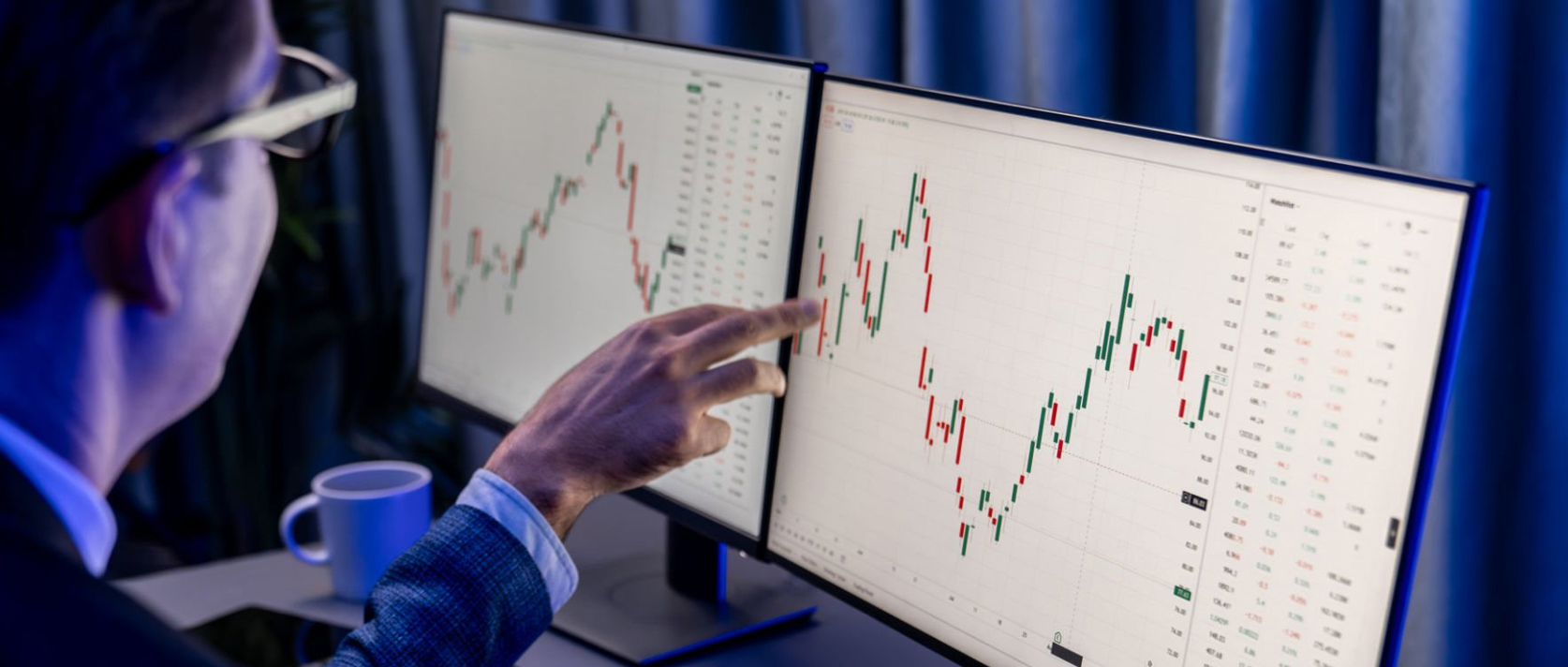

 Sensex- Understanding India's Market Benchmark
Sensex- Understanding India's Market BenchmarkIf you’re a student or a new bee in stock investment field, you’ve probably heard about the term Sensex. Sensex is one of the most important indicators of how the Indian stock market is doing. But to know more about it, you have to go through this informative article by Stokify academy. So let’s start nd staying disciplined over time.
The Sensex is an index that represents the stock market in India. It tracks the performance of the top 30 companies listed on the Bombay Stock Exchange. It is like "report card" for the stock market in India. If the Sensex is doing well, it usually means that the stock prices of many big companies are going up, which is a good sign for the economy.These 30 companies are from different industries like technology, finance, energy, and consumer goods, so the Sensex helps us see how the entire market is performing, not just one sector.
The Sensex can go up or down every day based on how the stocks of the companies are performing. When the Sensex goes up: This usually means that the stock prices of the 30 companies are rising. It suggests that investors are optimistic about the economy, and things are looking good.
When the Sensex goes down: If the Sensex is falling, it usually means that the stock prices of most companies are going down. This could indicate that the market is not doing well or there are worries about the economy.
As a student, you may not be directly investing in the stock market yet, but the Sensex can still give you a lot of useful insights
Market Sentiment: The Sensex shows how investors feel about the market. If the Sensex is rising, it usually means people are confident about the economy. If it’s falling, it could mean there’s uncertainty or fear.
Economic fluctuation: The Sensex often reflects how the economy is doing. When the economy grows, companies usually perform better, which makes the Sensex go up. During tough economic times, like recessions, the Sensex might go down.
So, you can think of the Sensex as a way to measure the mood of the Indian stock market.
Economic News: Things like inflation, interest rates, and GDP growth can affect the Sensex. For example, if the government announces a big new policy or if inflation goes up, the Sensex could react.
Global Events: The Sensex is also affected by what's happening in the rest of the world. For example, if there’s an economic crisis in the U.S. or if oil prices rise, the Sensex can go down.
Company Performance: If big companies in the Sensex, like HDFC Bank or Infosys, report strong profits, their stock prices will go up, pushing the Sensex up too.
If you want to track the Sensex regularly, you can do so through:
Newspapers: Many newspapers, especially business ones, report the daily Sensex level.
-Websites and Apps: There are many financial news websites and apps like Money control Yahoo Finance, or even the official BSE website, where you can check how the Sensex is doing.
Tracking the Sensex over time will help you see trends in the market. For example, if the Sensex has been going up for months, the market might be in a "bullish" (positive) phase.
By looking at the Sensex, we can get an idea of how the Indian stock market is doing:
Growth: If the Sensex is going up consistently over time, it’s usually a sign of a growing economy. Companies are doing well, and investors are optimistic about India’s future.
Setbacks: If the Sensex is dropping or staying low for a long time, it could indicate that there are problems in the economy, like high inflation, political instability, or global factors affecting the market.
For example, when India’s economy was growing rapidly, the Sensex showed strong performance. But when there’s a global financial crisis or economic slowdown, the Sensex might go down.
If you want to invest in the future, you can keep an eye on the Sensex to understand when the market is doing well or when it’s facing challenges.
The Sensex is a great way to understand the health of the Indian stock market and the economy. Even if you're not an investor yet, knowing how the Sensex works will help you understand what's happening in the world of finance and the economy. The next time you hear about the Sensex on the news or see it in your financial apps, you’ll know what it means and why it matters.
So, keep an eye on the Sensex, learn how it moves, and use it to better understand the world around you. Who knows? In the future, you might even want to invest in the stock market yourself!